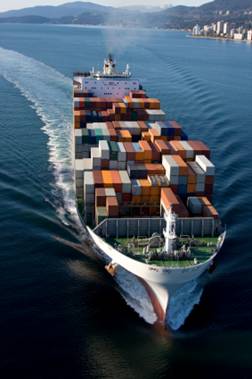Letīs Do Economics - Benefits of trade
 Why trade?
Why trade?
Here is a brief description of the reasons for trade - all the ones in the syllabus plus a couple more thrown in:
- Different factor endowments - some economies are rich in natural resources while others have relatively little. Trade enables economies to specialise in the export of some resources and earn revenue to pay for imports of other goods.
- Lower prices - one of the principal gains from trade is lower prices. The goods and services that consumers want are often available internationally cheaper than they would be domestically. The lower prices may arise as a result of the different factor endowments countries have. Comparative advantage (HL only topic) helps to explain these lower prices.
- Increased welfare - specialisation and trade allow countries to gain a higher level of consumption than they would do domestically, e.g. consume beyond their PPC.
- To gain economies of scale - with trade a country can get access to a larger market, and can therefore produce on a larger scale at a lower average cost. The process of specilisation within trade will often help countries to become increasingly skilled at production and therefore gain further economies of scale.
- Diversity of choice -through trade a country can provide a greater variety of goods and services therefore more choice to domestic consumers.
- Increased competition -global competition will encourage domestic firms to innovate, improve productivity and improve their products. This will benefit consumers through lower prices.
- Trade may be an 'engine for growth' - increased trade may encourage economic growth and drive further improvements in living standards, for instance improving the standards of living for millions of Chinese families.
- Availability of foreign exchange - by trading, countries can acquire foreign exchange. This is particularly important for countries like Ghana, North Korea and Cuba whose currencies are not convertible on international markets. The only way they can pay for imports is to export goods and be paid in foreigh exchange. This can then, in turn, be used to purchase imports.
So how can you learn this? Memorise the list - who can design a memory aid? Be able to explain, with examples, each item on the list.
Practise data response questions
